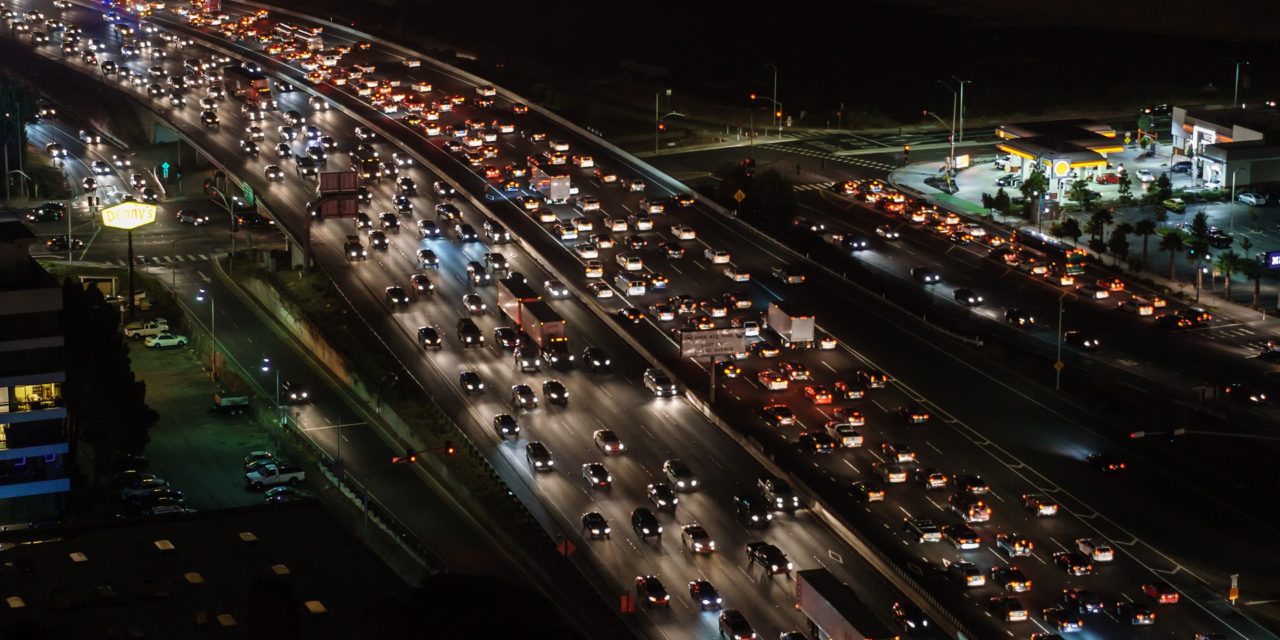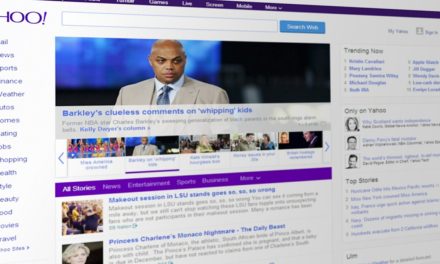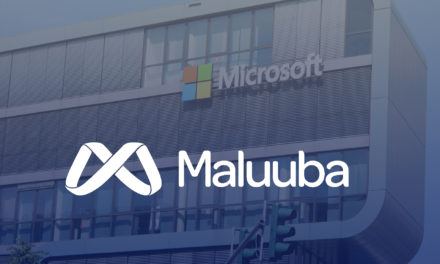By exchanging real-time data with Waze, Montreal wants to improve traffic on its automotive network.
According to Radio-Canada, the City of Montreal has entered into a zero-cost agreement with the Waze app as part of a collaborative program between the Google division and major cities.
On the one hand, Montreal will transmit to Waze the compiled data of the cameras, sensors and radars installed on its network, in addition to information related to calendar events and planned construction sites on its roads. On the other hand, Waze will transmit the data provided by the 103,000 Montreal users who will be sent to the Montreal Urban Mobility Management Center, where city employees control hundreds of traffic signals.
The objective of this two-way communication in real time is of course to better manage the traffic on the road network of the metropolis, thereby reducing the risk of automobile congestion.
Waze users will be better informed about traffic conditions in Montreal, and the city will be able to react more quickly to traffic disruptions, accidents, or potholes.
According to the city’s executive vice-president, Harout Chitilian, Montreal is the first city in Canada to share its data with the Google subsidiary. Note that this is a pilot project, with a duration of 2 years, which currently concerns only the Ville-Marie borough.
The city also announced that it will make modifications to the 32 sensors installed at the foot of its traffic lights, which already collect data related to traffic conditions. These will now detect the Bluetooth signal emanating from nearby Waze motorist telephones. An identifier will then be assigned to the detected device, thus enabling the collection of data of the driver’s journey in an encrypted and anonymous way.














Leave a Reply